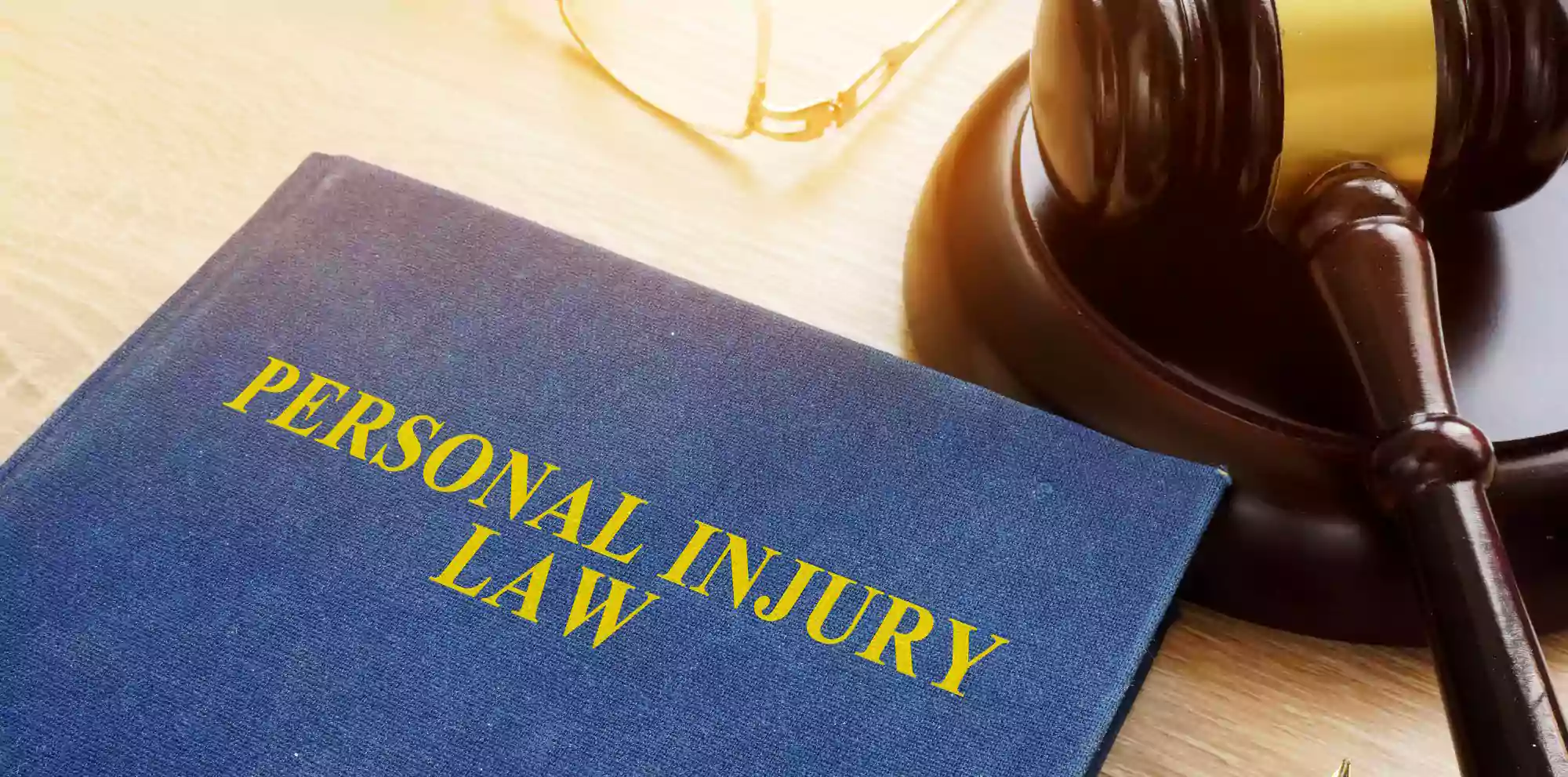- Our Lawyers Have Over 50 years of Personal Injury Law Experience
- Aggressive and Personal Representation
Our Pocono Lawyers Can Help in Your Personal Injury Case
It’s very common to become frustrated after your personal injury lawsuit is filed because such a long time passes between the time the lawsuit is started and any settlement or trial. In most states, the other person’s insurance company owes you no duty to settle quickly. Your case can be settled before trial or drag on long after the trial is over.
The insurance company knows you’re in a hurry to settle your case, and uses this knowledge to try to get you to settle for less. Here’s a partial list of some of the things that can happen to slow down your case:
“Discovery”
This is the insurance company’s opportunity to “discover” everything about you and the accident. You’ll get lots of written questions to answer under oath. You’ll have to produce documents and medical records, plus admit or deny specific written statements put to you.
You and your lawyer will need to gather up all the medical records, bills and other documentation of your injuries. Some of these must be obtained in a specific way to make them admissible at trial. This often takes time and money.
Depositions
You’ll be asked questions under oath, with a court reporter typing up every word you say. The insurance company’s lawyer will ask you in great detail about your injuries, your medical history, the accident itself and your treatment. You’ll likely to be subjected to grilling over the smallest of details.
Motion Hearings
The insurance company lawyers may have what feels like an endless capacity to file motions and go to hearings on motions. Some of these motions are unimportant to you, but some may be critical to your case.
Mediation
Many courts are forcing lawyers to mediate or arbitrate cases prior to trial. Some courts won’t even give you a trial date until you do so. Mediation is typically a settlement conference without the formalities of court. A neutral party will try to help the parties reach a middle ground. It’s not usually “binding” — meaning the parties are stuck with the result — unless the parties reach an agreement and write up a settlement agreement.
Arbitration is a different breed. It’s often a binding “mini-trial” of the case in front of an arbitrator or panel of judges who listen to an informal presentation of the matters involved in your case.
Trial
If your case doesn’t settle, it must go to trial, where six or twelve strangers will decide what your injury is worth.
Trials are scheduled on the court’s schedule, not the lawyers’ schedule. Cases sometimes take years to be scheduled for trial, especially in some major urban areas. Having a case that is two or three years old before going to trial isn’t unusual.
And once you have a trial, your case may not be over. There may be an appeal and further motions and hearings.
Collection Issues
You may also have difficulty collecting from the insurance company or the person responsible for your injury. The insurance lawyer will have to have a check or draft issued by the company. And before they send you money, you’ll be required to sign a release document and file some sort of dismissal motion. These things also delay payment. Once the money comes in, your lawyer will have to run the check through his or her trust account. If it’s an out-of-state check, there will be another delay of a week to ten days before the funds are disbursed. And your lawyer will be deducting litigation expenses such as deposition fees, transcript fees, filing fees, service of process costs, medical records costs, costs involved in documenting medical bills, costs of hiring expert witnesses, costs of paying treating doctors to testify, subpoena charges, lawyer’s fees, and any legally-required medical bills or liens.
Litigation can eat up a lot of time and money. Settlements after litigation can be very disappointing after spending years in battle. Sometimes it’s better to settle before trial for less than to go through the process and end up with a small settlement or perhaps a bad result at trial.






